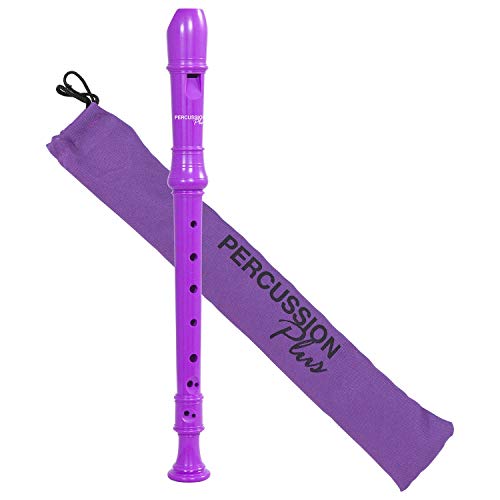Understanding the Importance of Recorder Tone
As a recorder player, your ultimate goal is to play music beautifully. This means producing a sweet, clear, and full tone. But achieving this sound can be challenging, especially for beginners who are still learning the basics. In this article, we will discuss the importance of recorder tone and how to improve it.
Proper Technique for Better Tone
The first step in improving your recorder tone is to master the proper technique. The way you hold the instrument, the position of your fingers, and your breathing significantly affect your sound quality. For instance, playing with a loose grip or a hunched posture can lead to air leaks, resulting in an airy or weak tone.
Investing in a quality recorder is also essential to produce a good tone. A well-crafted instrument can help you play more effortlessly and improve your sound quality. So, make sure to purchase a recorder from a reputable brand, such as Yamaha, Aulos, or Moeck.
Breathing Exercises for Better Tone
Breathing is an integral part of producing a beautiful recorder tone. However, many players tend to forget about it and focus only on finger technique. Therefore, practicing breathing exercises can help you improve your sound quality significantly.
One of the most effective exercises is the long-tone exercise. Start by taking a deep breath and hold it as you play a long note on your recorder. Make sure to use your diaphragm and maintain a steady airflow throughout the note. This exercise helps you control your breath and produce a more focused and sustained tone.
Playing with Dynamics and Expression
Another aspect of producing an excellent recorder tone is playing with dynamics and expression. Experimenting with different dynamics can add color and texture to your sound. Playing softly or loudly in different parts of a piece can help you convey a particular emotion or mood.
Furthermore, expression techniques like vibrato, articulation, and phrasing can help you produce a more expressive and musical sound. Vibrato, for instance, can add warmth and richness to your tone, while articulation can help you articulate the notes clearer and more precisely.
Consistent Practice and Listening to Other Players
Finally, consistent practice and listening to other players can help you improve your recorder tone. Regular practice can help you develop muscle memory, finger dexterity, and breath control. Listening to other players, on the other hand, can inspire you and give you a benchmark to strive for.
Attending concerts or listening to recordings of great recorder players, such as Michala Petri, Frans Bruggen, or Maurice Steger, can help you learn new techniques and improve your ear for tone quality. Analyze their phrasing, dynamics, and breathing, and try to emulate them in your own playing.






